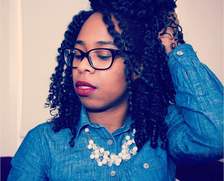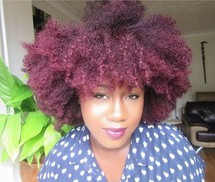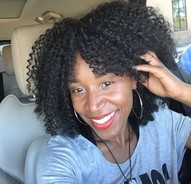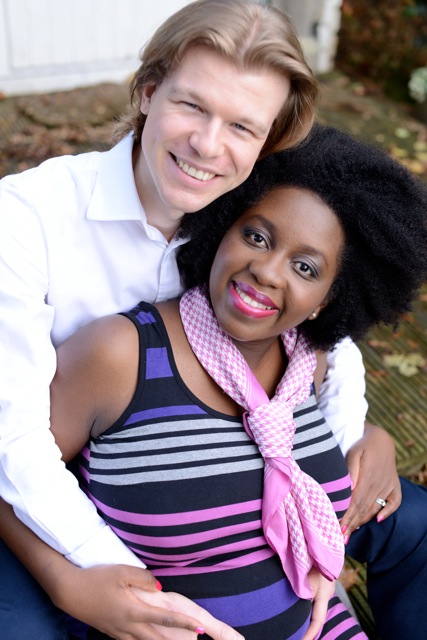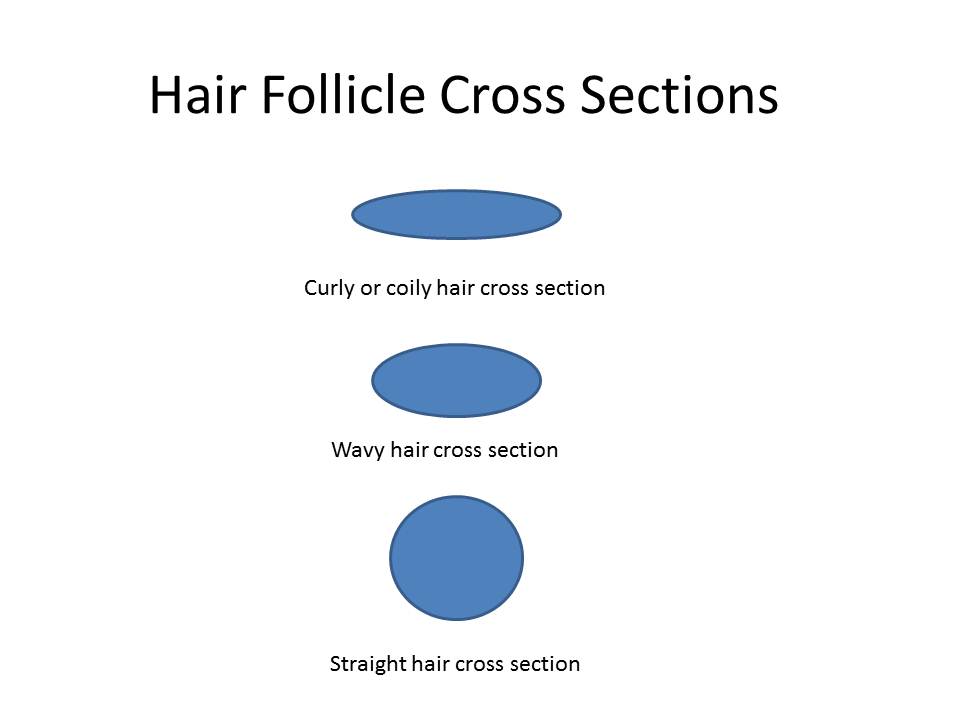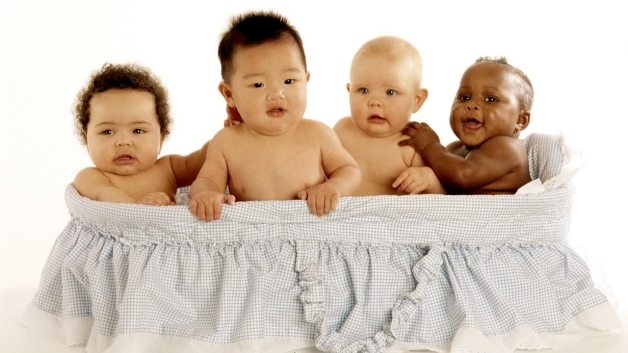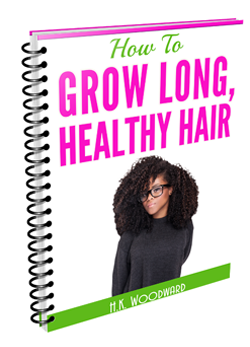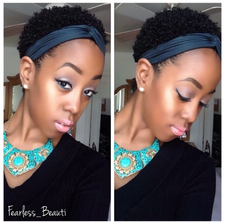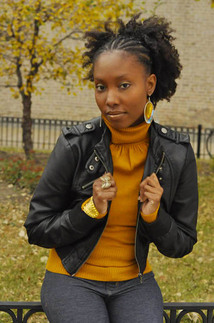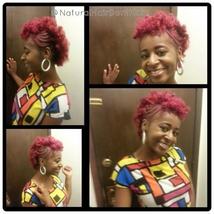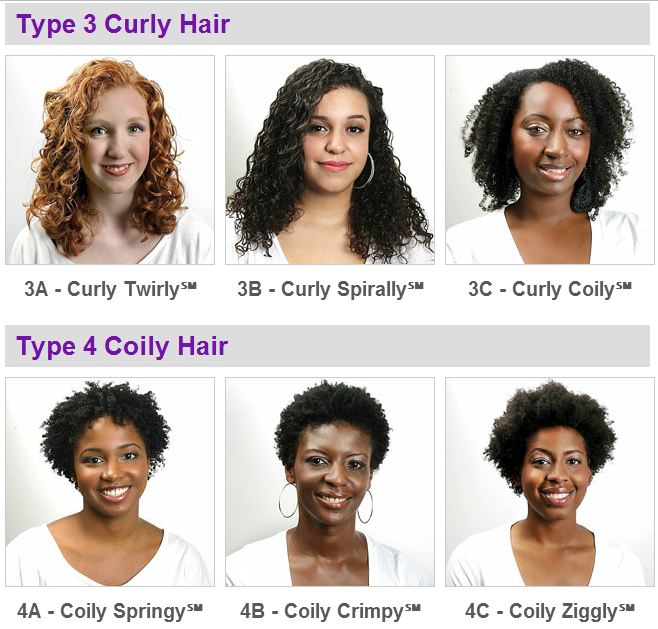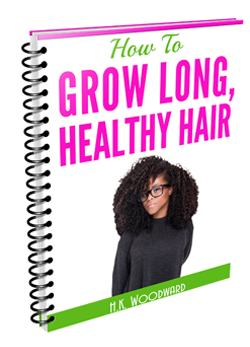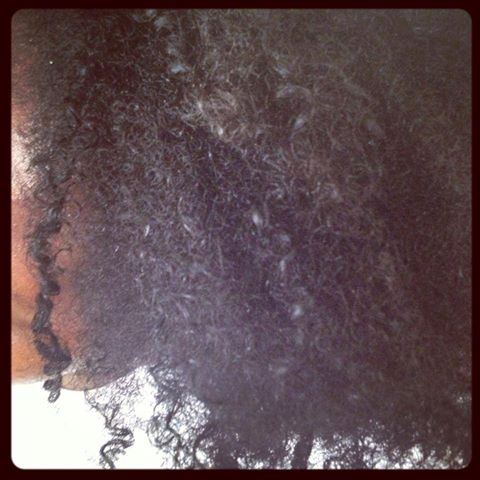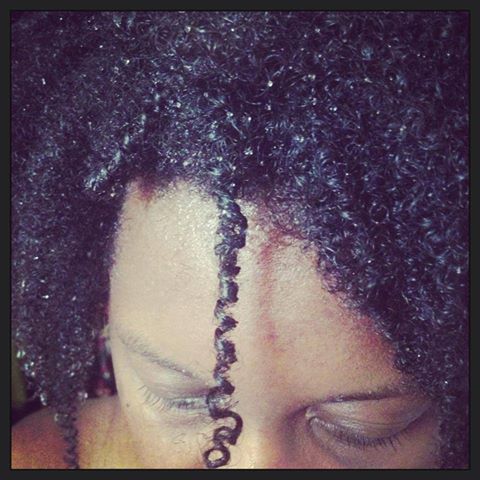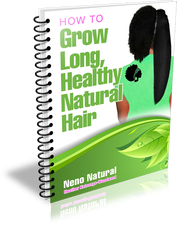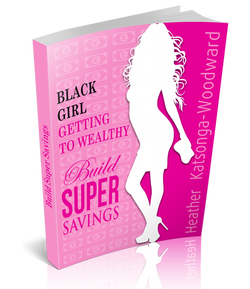|
One of the most annoying questions I was ever asked was "Why do you (i.e. black people) need to have different products anyway? Why can't everyone just use the same products?" - what was annoying wasn't the questions itself but the fact that the person didn't even let me answer. They just continued talking and every time I interjected with "Can I answer your question?" They just talked over me and ignored me. I was still annoyed about 2 months after the incident! I know, that's ridiculous - other people's stupidity should never impact one's emotions like that.
Anyhow, if you cut through the hair strand of someone with naturally straight hair you would find that the cross-section is round. Curly hair on the other hand has a flattened oval or elliptical cross section, this however is only one difference. It is the feature that gives our hair it's very curly shape. In addition, African/African-American hair:
The fewer the number of layer the more chemicals can be used to change the hair - so a person with a 7-layer cuticle will take chemicals more easily than a person with an 11-layer cuticle; remember those people who complain that their hair just doesn't take relaxer? They probably have a thicker cuticle layer. That said, flatter (elliptical) hair strands are easier to treat with chemicals so black hair may ultimately be easier to chemically manipulate. In summary, besides the curl that you see, different hair types have varied structural and chemical features that impact how products work with the hair. This is why different hair types needs slightly different products.
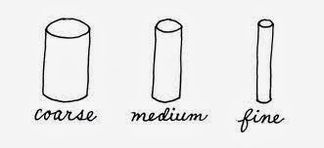
When people talk about thin hair, technically they are referring to the thickness of each strand of hair rather than the number of hairs on your head.
Thin hair actually has a different structure to thick hair. This is the science; the diameter (width) of:
In thin hair the cuticle (top layer of hair) can make up c.40% of the strand and the cortex up to 60%. Those with very thin hair don't even have a medulla. In thick hair the cuticle will normally make up only about 10% of the strand and the cortex upto 90%. What does this mean for you if you have thin hair? The finer your hair more prone it is to breakage, tangles, split ends and damage. Side note, the problem of a straight haired person with thin hair are slightly different than for us kinky-curlies:
If you have thin kinky or curly hair minimizing hair handling really helps to avoid damage and tangling. Protective styles or even growing dreadlocks / locs will really help you to gain and see your length. If you manipulate your kinky/curly hair too often you may find that you are finding it harder to retain length than someone with courser hair just because you have a higher propensity for breakage. 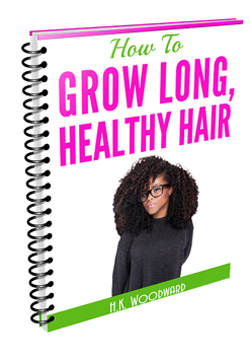
Get your FREE ebook on How To Grow Long, Healthy Natural Kinky or Curly Hair.
I've been handling my natural African hair for about a year now but I only just decided to investigate what my hair type is. Sounds a bit ridiculous but I didn't really think it was relevant so although I heard people discussing the issue in YouTube videos, I did not investigate my own hair type. Over time, however, I am learning that, the more I know about my own hair the better able I am to take care of it.
Hair types were officially defined by Oprah's hair stylist, Andre Walker, according to curls.biz.
Type 1 hair is straight, definitely not me. Type 2 hair is wavy, again, not me. Type 3 hair is curly, getting warmer but still not me. Type 4 hair is kinky or coily, okay, I fall into this category. Within each category (except 1) there are three more subdivisions: A, B and C, with A being the least wavy/curly/coily. Going by the descriptions I have been reading, my hair is 4C: the type that is most vulnerable to dryness, brittleness and breakage. 4C hair needs to be treated with reverence to prevent damage and breakage. I know people with hair way kinkier than mine so I will classify myself a 4B plus / 4C minus (4B+/4C-) and hair more kinky as 4C plus. Straight hair is the most naturally oily and least vulnerable to breakage.
Caucasian folk never have kinky hair and people with African blood don't have naturally straight hair. Because it is not uncommon for African Americans to have European ancestors they will very frequently fall into the 4A category or even 3C. As for Africans, we are mostly going to lie in 4B and 4C.
What does being a 4B+/4C- mean for me? Moisturize, moisturize, moisturize! I need to moisturize my hair daily. Spritzing my hair with water makes it much more manageable so I keep a little water spray bottle to hand. My hair routine has constantly evolved over the last year to adopt those strategies that keep it the most soft and supple. When my hair is soft it is actually really bouncy and very manageable. Natural African hair does not like certain chemicals so whenever I buy hair products I go for those that are 100% made from natural materials because a lot of mainstream hair chemicals and oils have a drying impact on hair and/or make it more brittle. I avoid anything with:
I am hoping my hair blog will help fellow Africans that want to "go natural" and anyone that has adopted African kids and wants to learn how best to manage Afro hair. Follow me @NenoNatural and check out Neno Natural's Haircare Store. |
I now blog about wealth creation - so if you have any money questions meet me there, you can do all sorts of cool things like leave me a voicemail.
By Heather Katsonga-Woodward
I was a natural hair blogger and mixtress living between London & Chicago from 2012 to 2017. I always thought I was 4C but some say 4B; images below - you decide! Heather xx Categories
All
Archives
November 2016
|

